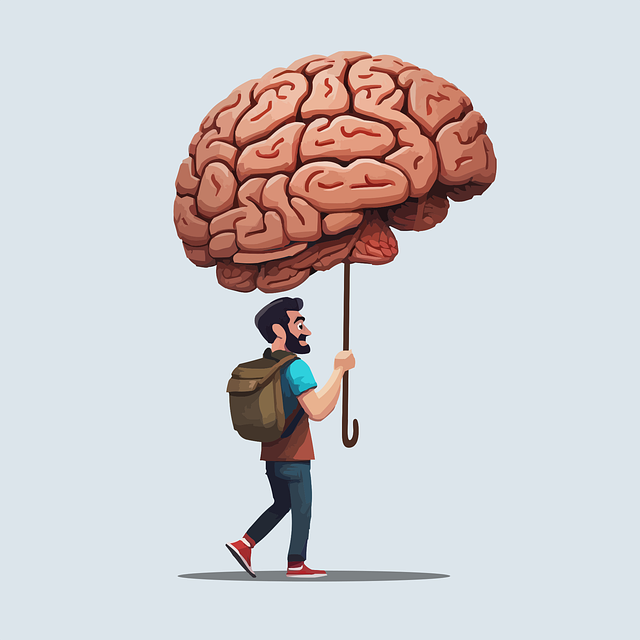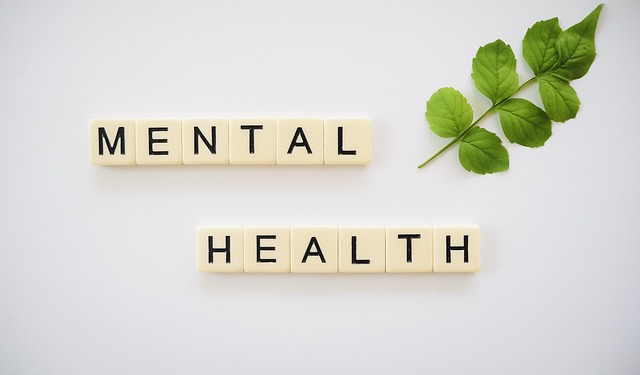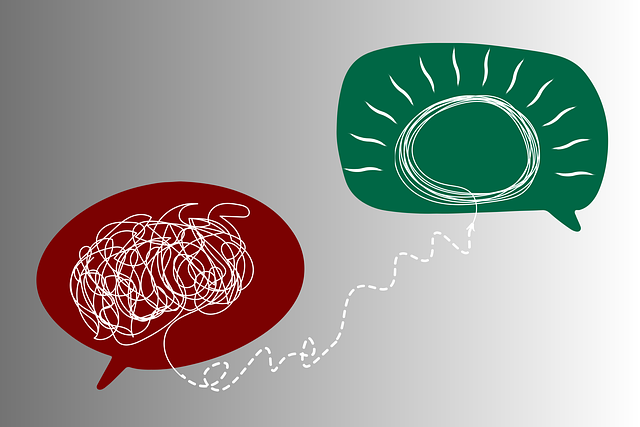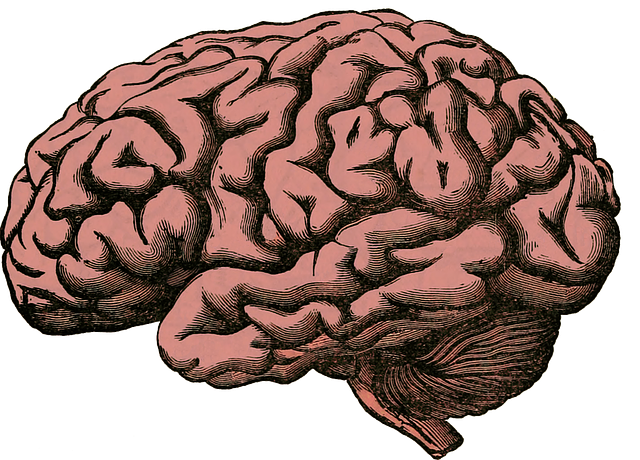Centennial Mindfulness Therapy offers comprehensive social skills training, addressing the critical link between social interactions and mental well-being. Their unique approach combines mindfulness techniques, emotional regulation, and present-moment awareness to empower individuals with effective communication skills, reduce anxiety in social settings, and foster deeper connections. This holistic care model complements traditional therapy, benefits both clients and healthcare providers, and promotes cultural competency while enhancing the overall mental health and life quality of those struggling with conditions like anxiety, depression, and trauma.
Social skills training is a powerful tool for managing mental health conditions, offering a holistic approach to healing. This article explores the intricate link between social interactions and mental well-being, highlighting how Centennial Mindfulness Therapy (CMT) can be a game-changer. We delve into common challenges faced by individuals with various mental health disorders in social settings, and present effective strategies derived from CMT to enhance communication skills. Discover practical applications and benefits of this therapeutic approach, as we navigate the path towards better mental health through improved social connections.
- Understanding the Link Between Social Skills and Mental Health
- The Role of Centennial Mindfulness Therapy in Social Skills Training
- Identifying Challenges: Common Mental Health Conditions and Social Interaction
- Strategies for Enhancing Social Skills Through Centened Mindfulness Practices
- Practical Applications and Benefits of Social Skills Training in Therapy
Understanding the Link Between Social Skills and Mental Health

Social skills training is an essential component of holistic mental health care, as it recognizes the profound impact social interactions have on our overall well-being. At Centennial Mindfulness Therapy, we understand that effective communication and relationship building are vital for managing many mental health conditions. For individuals struggling with anxiety, depression, or trauma, poor social skills can exacerbate symptoms and limit their ability to connect with others, leading to feelings of isolation and further distress.
The link between social skills and mental health is multifaceted. Mentally healthy individuals often possess strong interpersonal abilities, enabling them to form meaningful connections, seek support when needed, and effectively manage stress in social situations. Conversely, inadequate social skills can contribute to the development or exacerbation of various mental health disorders. A thorough Mental Health Policy Analysis and Advocacy reveals that providing Crisis Intervention Guidance and implementing Mental Wellness Coaching Programs Development can significantly improve outcomes for individuals with these challenges.
The Role of Centennial Mindfulness Therapy in Social Skills Training

Centennial Mindfulness Therapy offers a unique and valuable approach to social skills training, particularly relevant in addressing mental health conditions. This therapeutic method focuses on cultivating present-moment awareness, emotional regulation, and non-judgmental acceptance, which are essential components for improving interpersonal interactions. By teaching individuals to become more attuned to their thoughts, feelings, and behaviors in social settings, this therapy empowers them to engage more effectively with others.
In the context of mental health conditions, where social anxiety or paranoia might be prevalent, Centennial Mindfulness Therapy can play a pivotal role. It helps individuals recognize and challenge distorted thinking patterns that often impede social functioning. Through various mindfulness exercises and practices, participants learn to navigate social situations with greater ease, fostering better communication and deeper connections. This approach not only complements traditional therapy models but also serves as an effective burnout prevention strategy for healthcare providers involved in mental health education programs design, ensuring a holistic and comprehensive care approach.
Identifying Challenges: Common Mental Health Conditions and Social Interaction

Many mental health conditions can significantly impact an individual’s ability to navigate social situations, leading to challenges in daily life and potential isolation. Conditions such as anxiety disorders, depression, and schizophrenia often present with symptoms that hinder social interaction, including social phobia, difficulty initiating conversations, or disorganized thinking. For instance, someone struggling with severe anxiety might avoid social gatherings due to fear of judgment, while a person with depression may find it exhausting to participate in activities once enjoyed.
Centennial Mindfulness Therapy recognizes these challenges and tailors its approach to address them effectively. By incorporating strategies from Burnout Prevention Strategies for Healthcare Providers and designing Mental Health Education Programs, individuals learn valuable self-care practices to manage their conditions. These programs focus on building social skills, improving communication, and fostering meaningful connections, ultimately enhancing the overall well-being of those affected by mental health struggles.
Strategies for Enhancing Social Skills Through Centened Mindfulness Practices

Centennial Mindfulness Therapy offers a powerful toolkit for enhancing social skills and improving mental health. By integrating mindfulness practices into daily routines, individuals can develop greater self-awareness and emotional regulation, which are foundational to building healthy connections with others. This approach encourages individuals to become more attuned to their own emotions and those of those around them, fostering an environment conducive to empathy building strategies.
Mindfulness meditation, for instance, promotes the slow down of thoughts and reactions, allowing individuals to respond rather than react in social situations. Through regular practice, people can cultivate presence and attention, making it easier to engage with others authentically. This heightened awareness can significantly impact emotional healing processes, as it enables individuals to recognize and accept their feelings without judgment. Additionally, engaging in mental wellness podcast series production centered around mindfulness can offer accessible avenues for learning and practicing these valuable skills, ultimately contributing to a more fulfilling social life and improved mental wellness.
Practical Applications and Benefits of Social Skills Training in Therapy

Social Skills Training (SST) is a powerful tool within therapy, offering practical applications that cater to various mental health conditions, including anxiety and depression. At Centennial Mindfulness Therapy, we recognize that effective communication and social interaction are integral to overall well-being. Our approach focuses on teaching individuals essential skills to navigate social situations with confidence, ultimately enhancing their quality of life. Through SST, clients learn to interpret social cues, engage in meaningful conversations, and build healthy relationships, all of which contribute to reduced anxiety and improved mood.
This therapeutic technique is not only beneficial for individual growth but also has broader implications. It equips healthcare providers with cultural competency training, enabling them to offer tailored support to diverse client populations. Additionally, the skills acquired during SST sessions can be applied in crisis intervention guidance, empowering individuals to manage and overcome challenging situations. By integrating these practices, therapists can provide comprehensive care, fostering a sense of belonging and improving clients’ ability to cope with mental health challenges.
Social skills training, particularly through practices like Centennial Mindfulness Therapy, offers a promising approach to addressing the social challenges associated with various mental health conditions. By integrating mindfulness into therapy sessions, individuals can learn effective communication strategies, improve emotional regulation, and foster healthier social interactions. This comprehensive training not only enhances well-being but also empowers individuals to navigate social environments more confidently. In light of the growing recognition of social skills as a vital component of mental health, further exploration and implementation of these therapeutic techniques are essential for improving support systems and overall quality of life.














